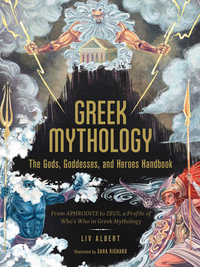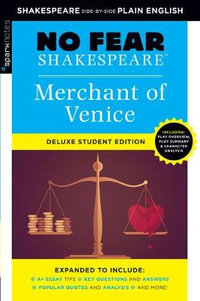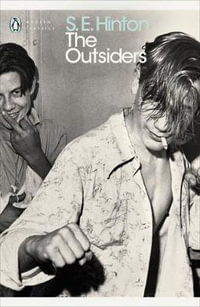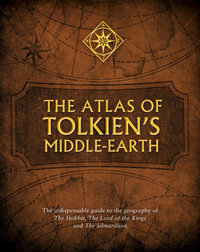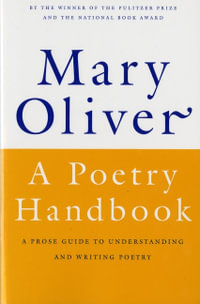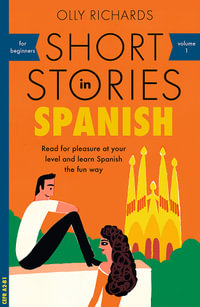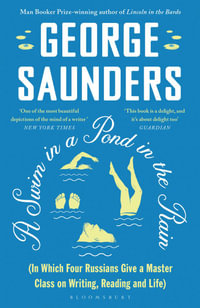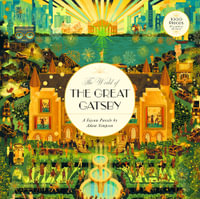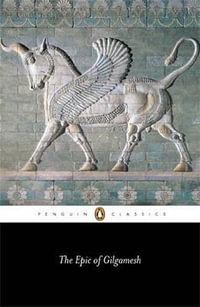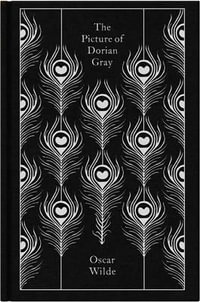A study of Mann's novel tetralogy of the 1930s that stresses its relationship to three key essays by Mann.
McDonald's study offers fresh insights into Mann's Joseph tetralogy in two ways. Beginning with Mann's well documented love for public performance, he rereads the Joseph novels as a script, showing how performance figures prominently in the form as well as the substance of the narrative. Then he interprets several of the essay-lectures composed during the Joseph years (1926-1943), emphasizing their performative qualities and their conscious (and subliminal) interweavings with the novel. Mann's passionate re-enactment of Kleist's play "Amphitryon" in his 1927 lecture provided a model of identity that he developed fully in Joseph. The model also helped him contain the more pessimistic account of identity he encountered in Freud. The Freud lectures of 1929 and 1936 develop psychoanalysis as an Enlightenment project useful in combating the irrationalism of the Nazis, and carefully control its darker aspects.
Industry Reviews
"McDonald's study of Joseph and His Brothers breaks exciting new ground. He gives us Thomas Mann the performer, a writer who wrote in order to perform his work at every opportunity, from the family circle to large audiences across Europe. Seeing the Joseph tetralogy as a script as well as a text opens up new interpretive territory." -- R. W. Burda, University of Maryland, Heidelberg
"McDonald provides us with a fresh look at Mann's Joseph novel as a performative text. Mann liked to read his texts aloud and enjoyed the reactions of his audience, and he also enjoyed being on the podium delivering his public speeches. McDonald discovers new and surprising relationships between the cultural and political messages in some of Mann's lectures and the Joseph text." -- Herbert Lehnert, University of California.
"Demonstrates in a very readable text the importance of the interworkings of essay and narration in the works of Thomas Mann." ETUDES GERMANIQUES'McDonald's study may well be able to transform the attitude of those who are sceptical about Thomas Mann into something approaching delight.' MODERN LANGUAGE REVIEW



